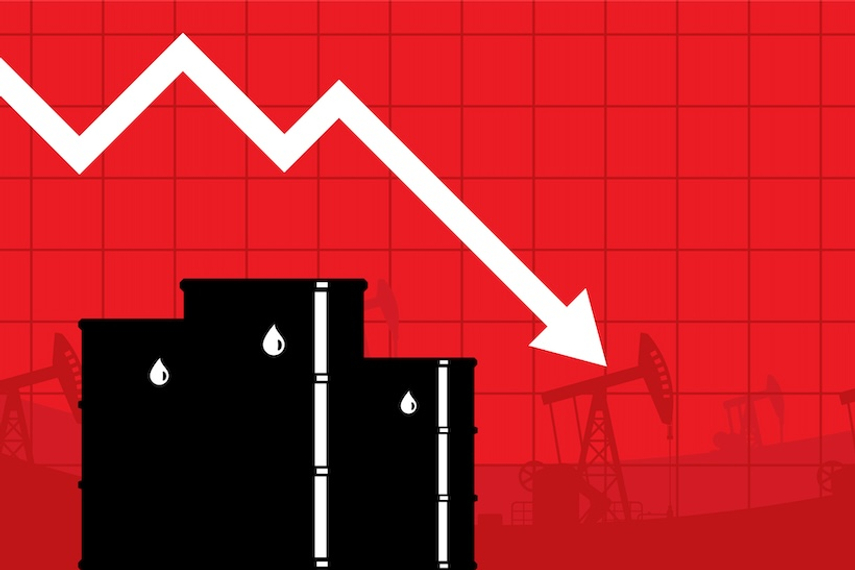
Please sign in or register
Existing users sign in here
Having trouble signing in?
Contact Customer Support at
[email protected]
or call+852 3175 1913
Financial profit is often attributed as the main reason agencies continue to work with fossil-fuel clients. Experts in the industry argue that stricter regulation and forward-thinking measures are needed to move away from agencies’ over-reliance on fossil fuels.

Contact Customer Support at
[email protected]
or call+852 3175 1913
Top news, insights and analysis every weekday
Sign up for Campaign Bulletins
Grit, determination, persistence and a whole lot of creativity has helped Dentsu Creative Philippines Gian Nealega shift lanes from training to be a nurse to becoming a creative leader.
From long-form to Shorts, YouTube offers a powerful ecosystem where creators and brands can co-create stories that resonate—and drive real impact. Here’s how marketers can harness that full potential.
Sinha’s strategic leadership at McCann Worldgroup unites cultural insight with creative impact. She also advocates for inclusive representation across regional and global work.
Even as overall dealmaking declines, certain sectors such as ecommerce continue to be a major draw.